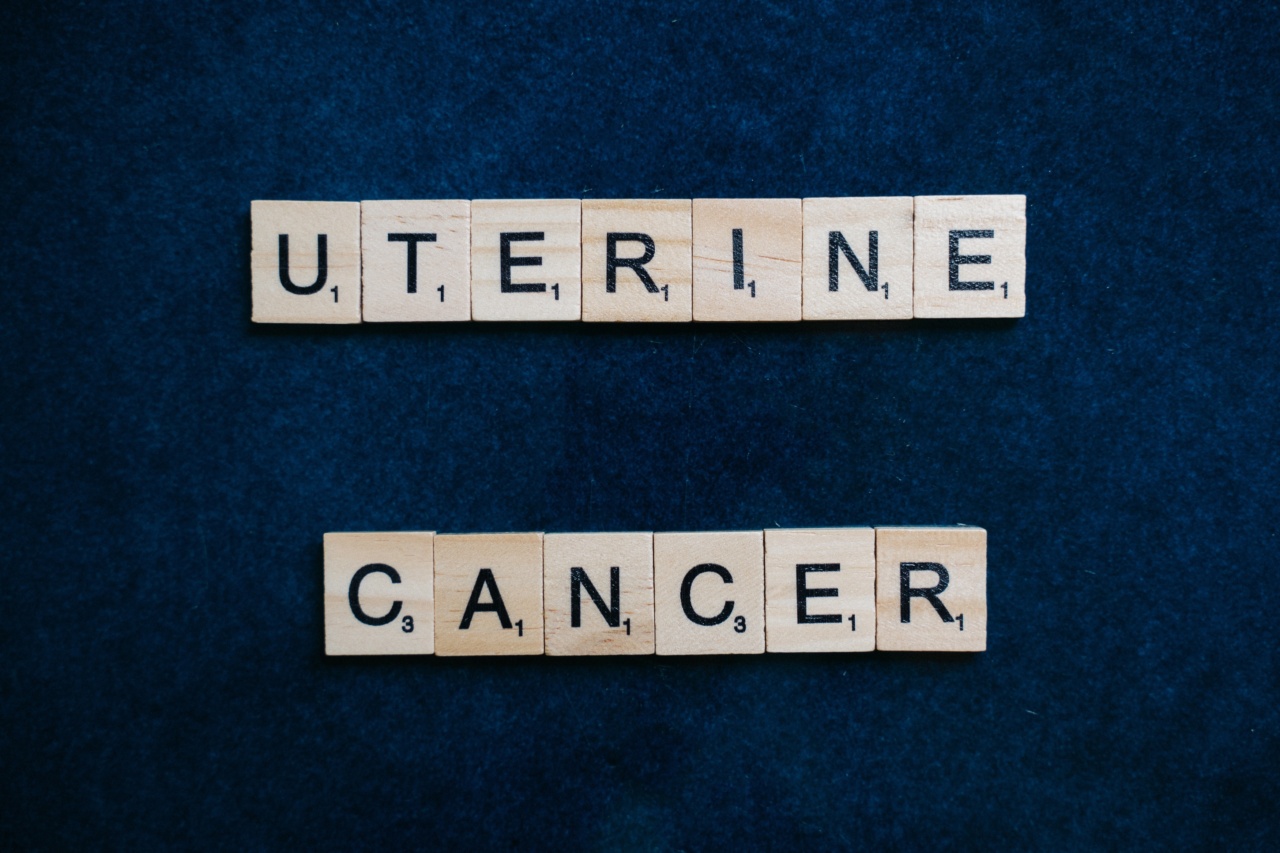Colon cancer is a type of cancer that begins in the colon, which is the largest part of the large intestine. The colon’s main function is to absorb water and nutrients from the food we eat.
Colon cancer usually starts as benign precancerous growths called polyps that develop on the inner lining of the colon. If not detected early enough, these polyps can turn into cancerous tumors that can spread to other parts of the body.
Risk Factors for Colon Cancer
Several factors can increase a person’s risk of developing colon cancer. These include:.
Age
Colon cancer is more common in people over 50 years old. However, it can develop at any age. Younger people can also develop colon cancer, especially those with a family history of the disease.
Family History of Colon Cancer
Individuals with a family history of colon cancer are at a higher risk of developing the disease themselves. This risk is even higher if the family member had colon cancer at a younger age or if multiple family members have had colon cancer.
Inflammatory Bowel Disease
Inflammatory bowel disease (IBD), such as ulcerative colitis and Crohn’s disease, can increase the risk of developing colon cancer. The inflammation caused by IBD can cause changes in the cells in the colon that may lead to cancer over time.
Lifestyle Factors
Certain lifestyle factors can increase a person’s risk of developing colon cancer. These risk factors include:.
Poor Diet
A diet high in red and processed meats, fried foods, and saturated and trans fats can increase the risk of developing colon cancer. A diet low in fiber, fruits, and vegetables can also increase the risk.
Inactivity
Not getting enough physical activity can increase the risk of developing colon cancer. Exercise can help keep the digestive system functioning properly and reduce inflammation throughout the body.
Obesity
Being overweight or obese can increase the risk of developing colon cancer. Excess body fat can cause inflammation in the colon and other parts of the body that can lead to cancer over time.
Smoking and Alcohol
Smoking and excessive alcohol consumption have both been linked to an increased risk of developing colon cancer. Long-term smoking and excessive alcohol consumption can damage cells in the body and increase the risk of developing cancer over time.
Regular Screenings Can Help Detect Colon Cancer Early
Colon cancer can often be detected early through regular screenings, such as colonoscopies or fecal occult blood tests. These tests can help detect precancerous polyps and other abnormalities in the colon before they turn into cancerous tumors.
If you are at an increased risk of developing colon cancer, your doctor may recommend earlier or more frequent screenings. It’s essential to talk to your doctor about your risk factors and screening options to determine what’s best for you.
Conclusion
Colon cancer is a prevalent and potentially deadly disease that can often be prevented or detected early through regular screenings.
Understanding your risk factors and taking steps to reduce your risk, such as maintaining a healthy diet, being physically active, avoiding smoking and excessive alcohol consumption, and getting regular screenings, can help protect your health and reduce your risk of developing colon cancer.




























